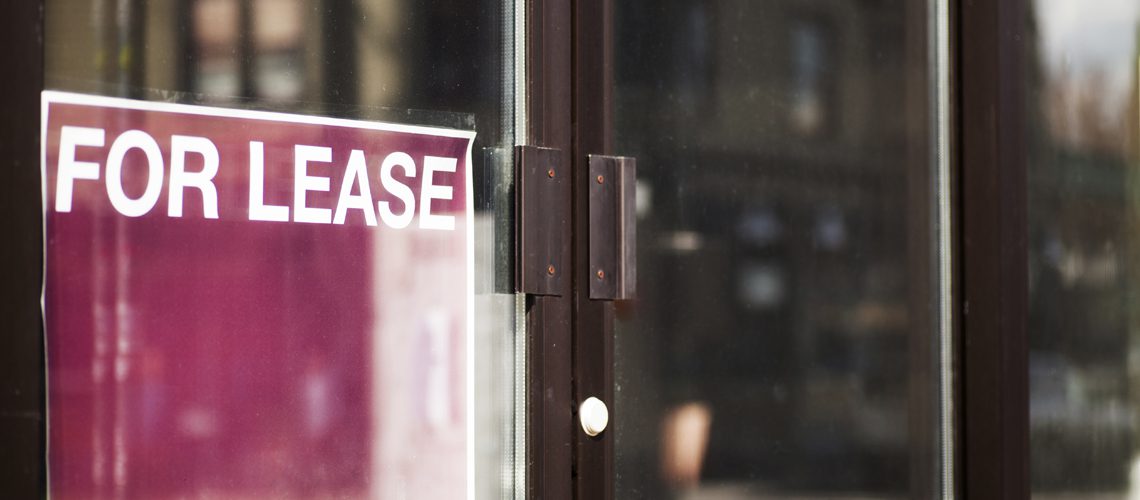
In January, the IRS and Treasury Department issued its final ruling on section 199A regulations (qualified business income (QBI) deduction) along with some guidance. However, they did not furnish a definitive answer on rental income, which means that until a final revenue procedure is issued, taxpayers can use a safe harbor revenue procedure that treats a rental real estate enterprise (RREE) as a trade or business for the purpose of 199A and thus, eligible for the QBI deduction.
The QBI deduction was created by the 2017 Tax Cuts and Jobs Act (TCJA) and typically allows owners of sole proprietorships, partnerships, S corporations, trusts, or estates to deduct up to 20 percent of their QBI. Additionally, eligible taxpayers can deduct up to 20 percent of qualified real estate investment trust (REIT) dividends and any publicly traded partnership income.
The QBI deduction is generally available to taxpayers with taxable income at or below $315,000 for joint returns ($157,500 for others). For those with incomes above these levels, they are still eligible but are subject to limitations such as the type of trade or business, the amount of W-2 wages paid in the trade or business and the unadjusted basis immediately after acquisition of qualified property. QBI doesn’t reduce adjusted gross income, net earnings from self-employment for the self-employment tax or net investment income for the 3.8 percent net investment income tax.
To learn more about QBI, listen episode 180, “Tax Season Post Mortem,” featuring Chris Axene, on Rea’s award-winning podcast, unsuitable on Rea Radio.
What Is An RREE?
To be considered a RREE for this safe harbor, taxpayers or entities must have interest in real property(ies) held for the production of rent. Taxpayers are not allowed to change treatment from year to year unless circumstances have dramatically changed, and they must either treat each of these properties as a separate enterprise or treat all similar properties as a single enterprise. Commercial and residential properties cannot be part of the same enterprise.
If the following are satisfied during the tax year, the RREE will be treated as a trade or business:
- Separate books and records are maintained for each RREE.
- At least 250 hours of rental services are performed for each RREE. (Can be performed by the owner or a contractor.)
- Maintain contemporaneous records, including time reports, logs or similar documents with regard to the services, such hours, description, dates, etc.
Rental services for purpose of the 250-hour proposed revenue procedure include:
- Advertising to rent or lease real estate.
- Negotiating/executing leases.
- Verifying prospective tenant applications information.
- Rent collection.
- Maintenance, repair and daily operations.
- Management of the real estate.
- Purchase of materials.
- Supervision of employees and independent contractors.
Financial or investment management activities; the procurement of property; studying/reviewing financial statements or reports; planning, managing or constructing long-term capital improvements; or travel time to and from the property do not count as rental service under the proposed revenue procedure.
There are two types of real estate that are specifically excluded from this safe harbor. The first is any type of real estate used by the taxpayer or RPE as a residence for any part of the year. The second is any real estate rented or leased under a triple net lease, which is a lease agreement that requires the lessee to pay – in addition to rent and utilities – taxes, fees, and insurance as well as be responsible for the maintenance of the property. Triple net leases between related parties with common control (50 percent or more) generally qualify for the QBI deduction.
How Do I Claim QBI?
Along with their returns, taxpayers and relevant pass-through entities (RPE) must attach a signed statement that claims the section 199A deduction or pass-through section 199A information that demonstrates that the requirements in the safe harbor have been satisfied. The individual(s) or RPE representative must have personal knowledge of everything pertaining to the statement.
In some cases, even if they fail to meet the safe harbor tests, an RREE can qualify as a trade or business to claim the QBI deduction if the RREE meets the general definition of a business set forth in the QBI regulations. However, that definition isn’t very clear.
This guidance on the eligibility of rental real estate enterprises for the QBI deduction isn’t final. But it can be relied upon until final rules are issued by the IRS. The QBI is a complicated deduction and complying with all of the recordkeeping requirements might be a challenge. For many taxpayers owning rental property, the biggest hurdle will be meeting the 250 hour test. The contemporaneous record requirements are not applicable until tax years beginning after Dec. 31, 2018. However, the requirements should still be considered for tax year 2018. The advisors at Rea & Associates are here to help you get everything in order to meet the requirements to claim QBI.
By Melissa Dunkle (Dublin office)
